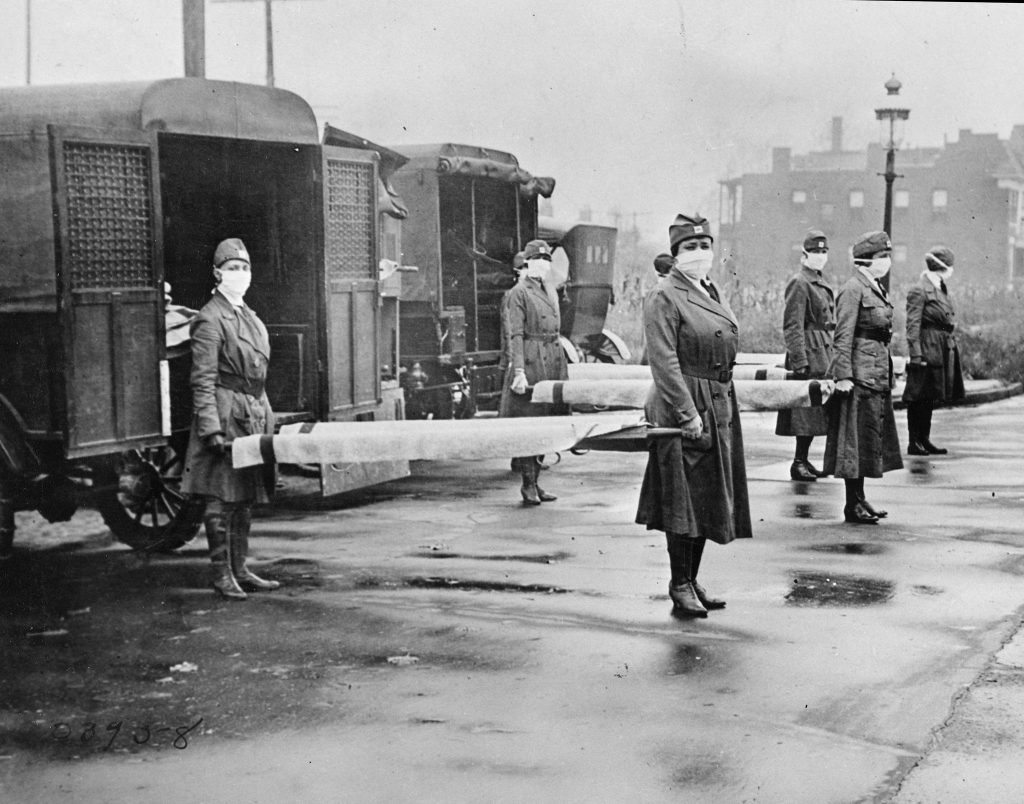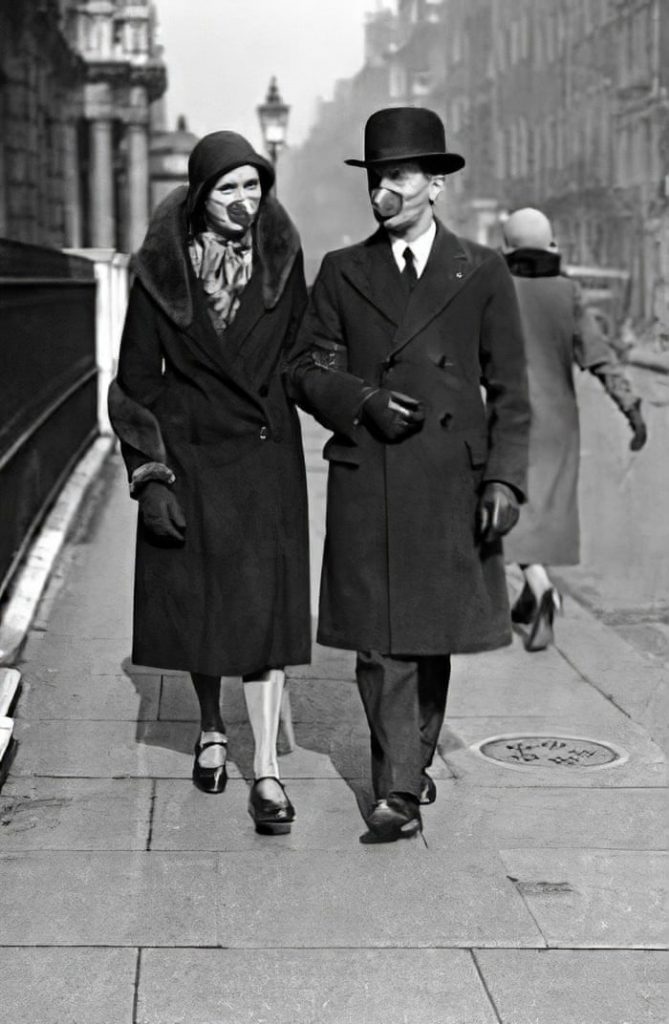The Single Most Important Lesson From the 1918 Influenza: It would be dangerous to find too many similarities between Coronavirus and Spanish flu.
Spanish flu spread in 1918 and killed at least five crore people worldwide. COVID-19 is a completely new disease. This is a disease that has far more impact on aging. In 1918, influenza, which took the whole world in its grip, had made such victims more people who were 20-30 years old and with strong immune systems.
However, the steps taken to stop this infection by governments and people are similar to those seen during the 1918 flu. Public Health England studied the outbreak of Spanish flu so that an emergency plan could be prepared in the fight against the coronavirus.
The most important lesson of this was that during the fall of 1918, the second wave of this disease proved more deadly than the first.
The Single Most Important Lesson From the 1918 Influenza: How was the Spanish flu of 1918 prevented?

England was in a war phase in May 1918, when the first death from flu was recorded. The UK government, like many other governments, was not ready to deal with it.
It is believed that the government decided that focusing on war is more important than saving people from flu.
The disease spread like wildfire through congested soldiers’ transport and factories making munitions and buses and trains.
Sir Arthur Newsholm mentioned this in his report sent to the Royal Society of Medicine in 1919.
In July 1918, he wrote a memorandum for public use. In this, people were advised to stay at home if they are ill and avoid going to more crowded places.
The government threw this memorandum in the trash. Sir Arthur argued that if these rules were to be believed, many lives could be saved.
But, he said, “National conditions were such that even though health and life were at risk, the great duty was to continue the war.”
In 1918 there was no cure for influenza. Also, there were no antibiotics to treat complications like pneumonia. In such a situation, there was a rush of patients in hospitals.

At that time, the lockdown was not implemented in the entire country to prevent infection. However, in some cases, many theaters, dance halls, cinemas, and churches were closed for several months.
Even though there were restrictions on their opening hours due to the war on pubs, they were mostly open. The Football League and FA Cup were canceled due to the war, but there was no attempt to cancel the other matches or reduce the crowd.
A large number of people gathered in the regional tournaments of men’s teams, and women’s football matches. All this continued during the epidemic.

Disinfectants were sprayed on the streets in some cities and towns, and some even started wearing anti-germ masks.
Health instructions to the people were not clear. Just like today, there were many fake news and conspiracy stories roaming around. However, there was also the general neglect of healthy lifestyle.
In some factories, no-smoking regulations were relaxed. Then it was believed that cigarettes would help prevent infection.
In a debate on the epidemic that occurred in the Commons (the lower house of Britain’s parliament), Conservative MP Claude Luther asked, ‘Is it true that cocoa should be taken three times a day to avoid influenza?’
Cuffs and sneezes in publicity camps and leaflets warned of the spread of the disease.

In November 1918, News of the World advised its readers, ‘Wash your nose every night and morning with soap and water.
Sneak forcefully at night and morning and then take a deep breath. Do not wear a muffler, walk regularly and walk home from the office and eat a lot of khichdi.
No country was untouched by the 1918 epidemic. However, there was a big difference between its impact and the efforts of governments to save their people.
Some states in the United States imposed a quarantine on their citizens. It had mixed results.
Some states tried to make it mandatory to wear face masks. Movies, theaters, and other entertainment venues were closed all over the country.
New York was better prepared to deal with this epidemic than many other cities.
New York was able to cope well with this epidemic due to the fight being fought against TB for 20 years and the mortality rate was low here.

Despite this, there was pressure on the health commissioner of the city to keep their business open.
In particular, there was a demand to keep the whereabouts of movie theaters and entertainment open.
Even then, just like today, fresh air was considered helpful in preventing the spread of infection.
But, it was impossible to stop the gathering of a large number of people in the big cities of America, especially in religious places.
At the end of the epidemic, 2,28,000 people died in Britain. Along with this, about one-fourth of the country’s population had been infected by it.
Efforts to kill the virus continued for some time, and people became more alert to the potentially fatal effects of seasonal influenza.







Add Comment